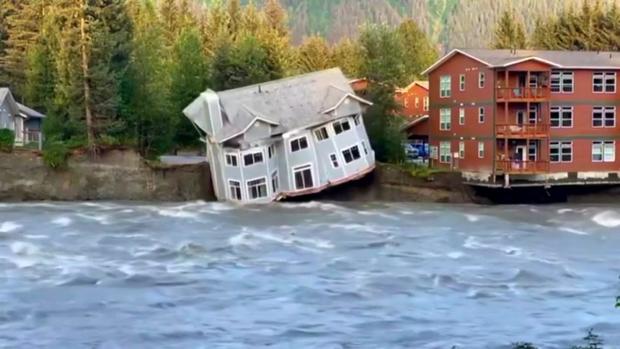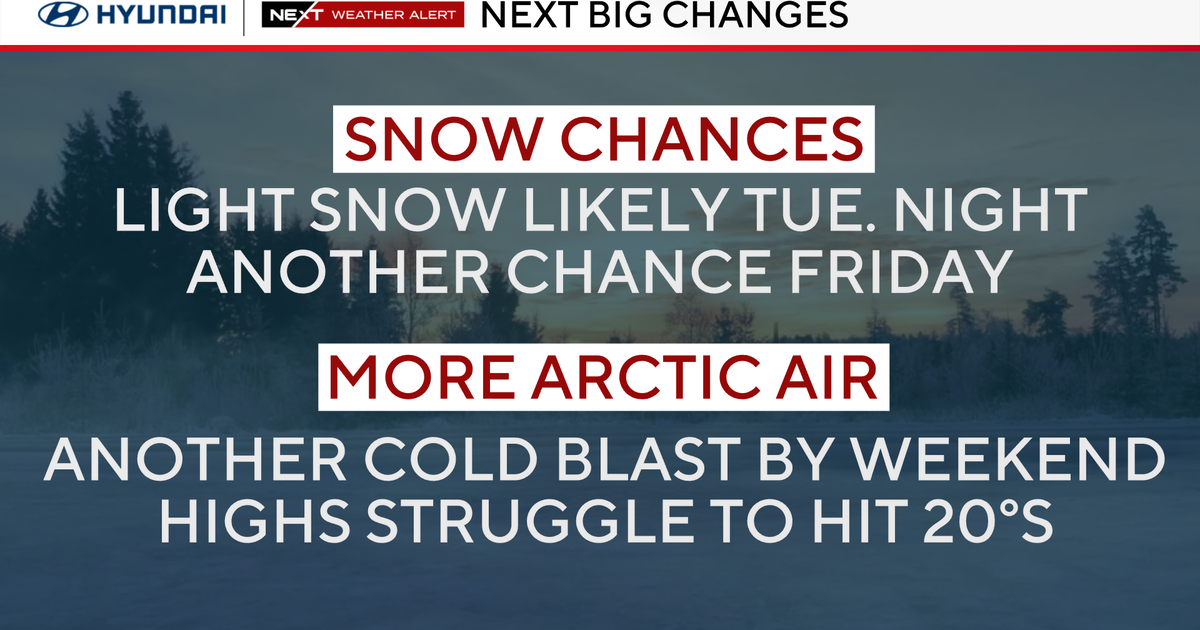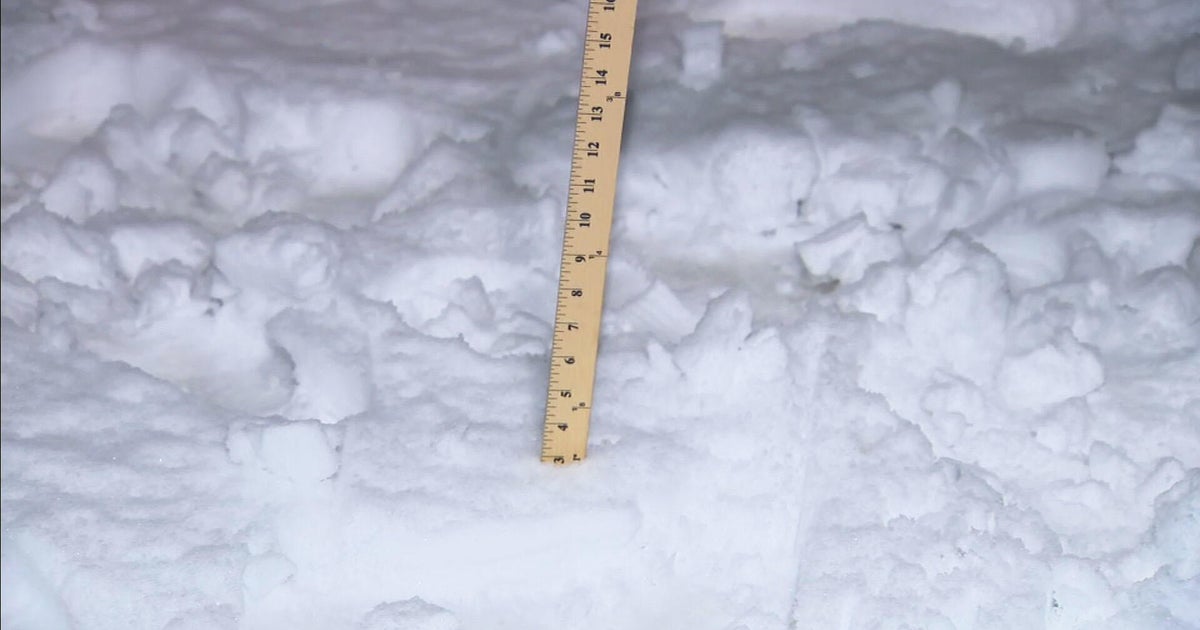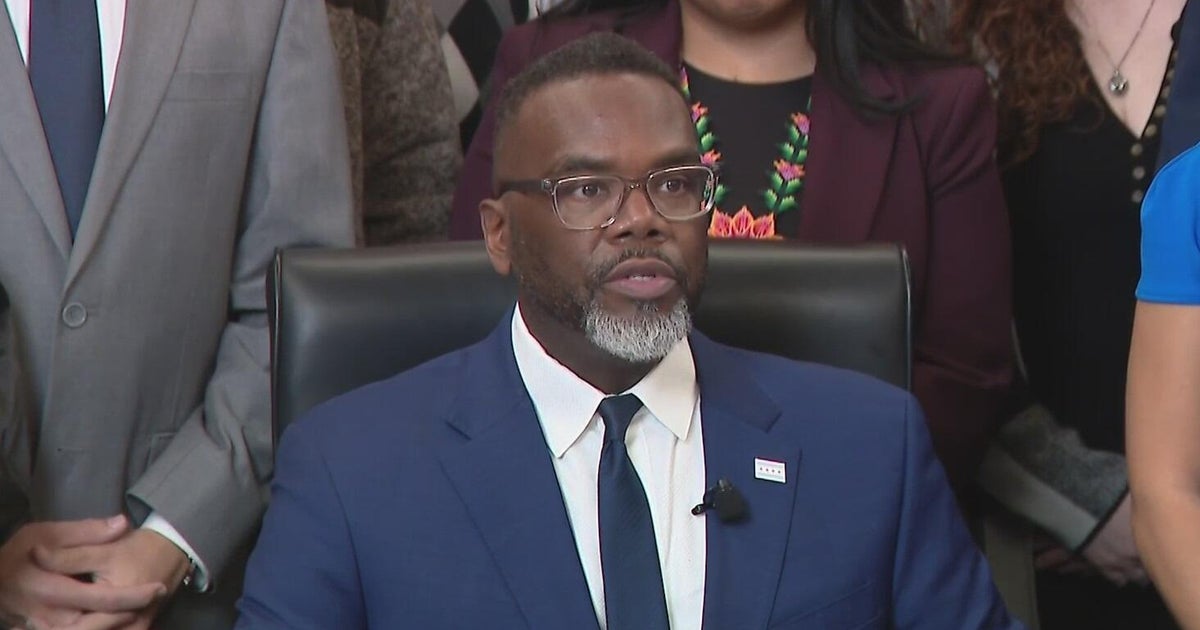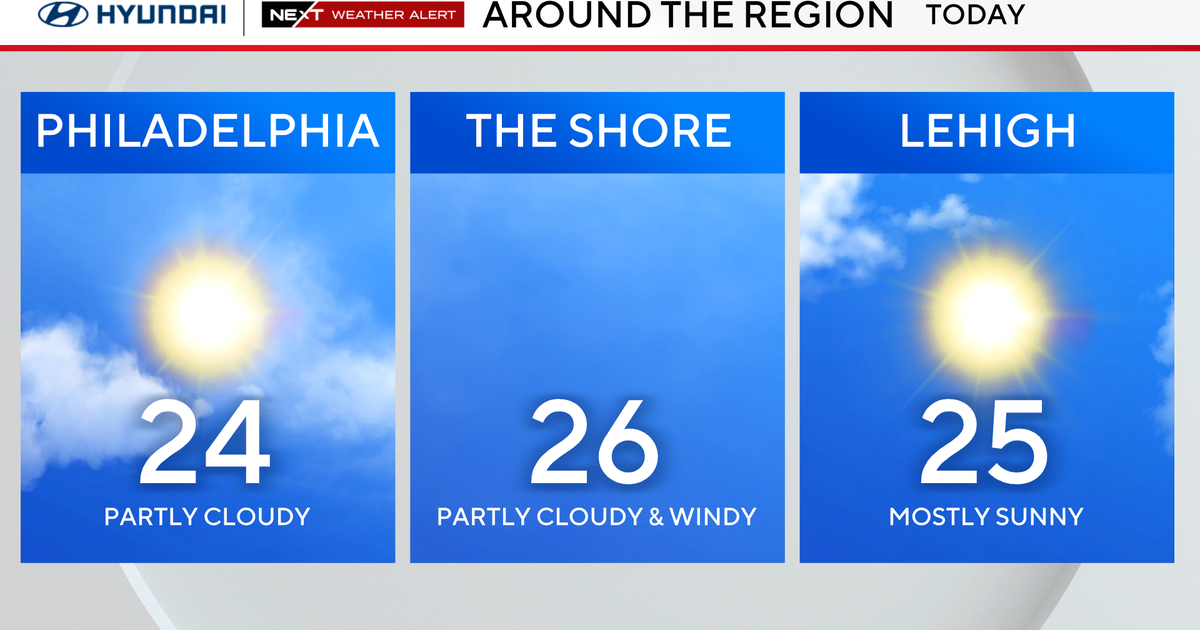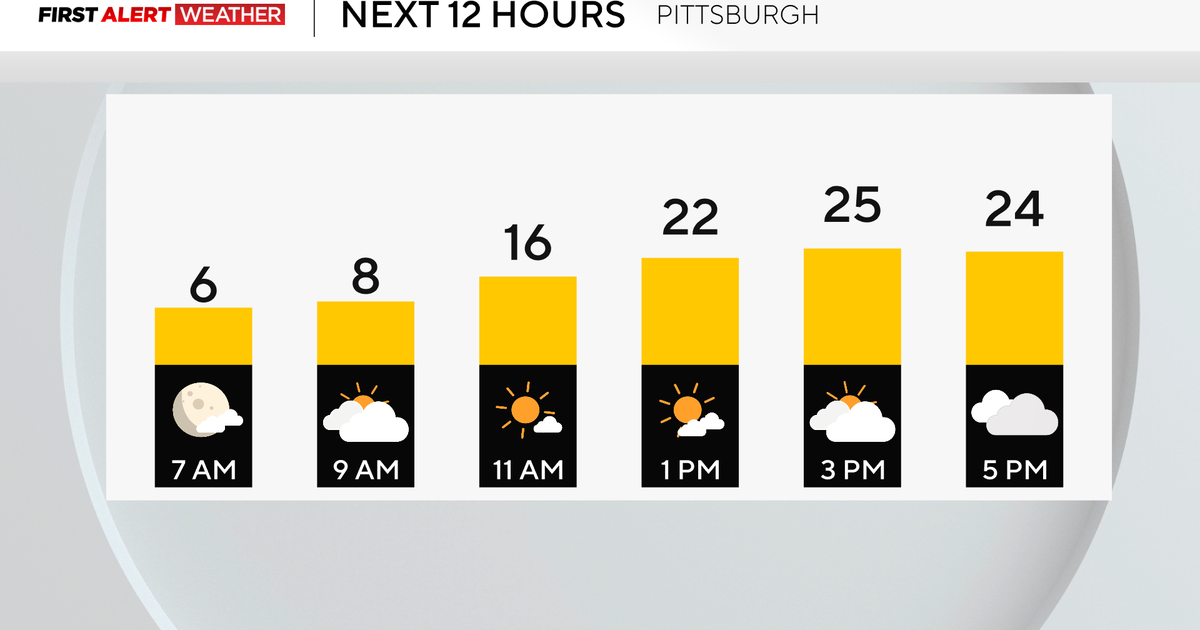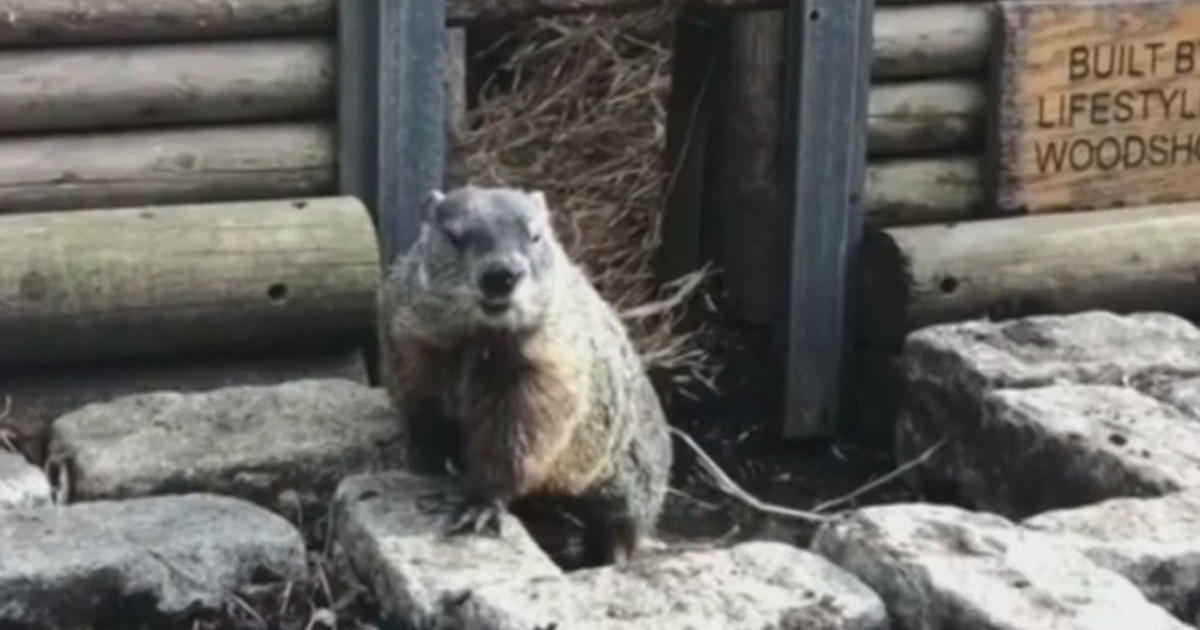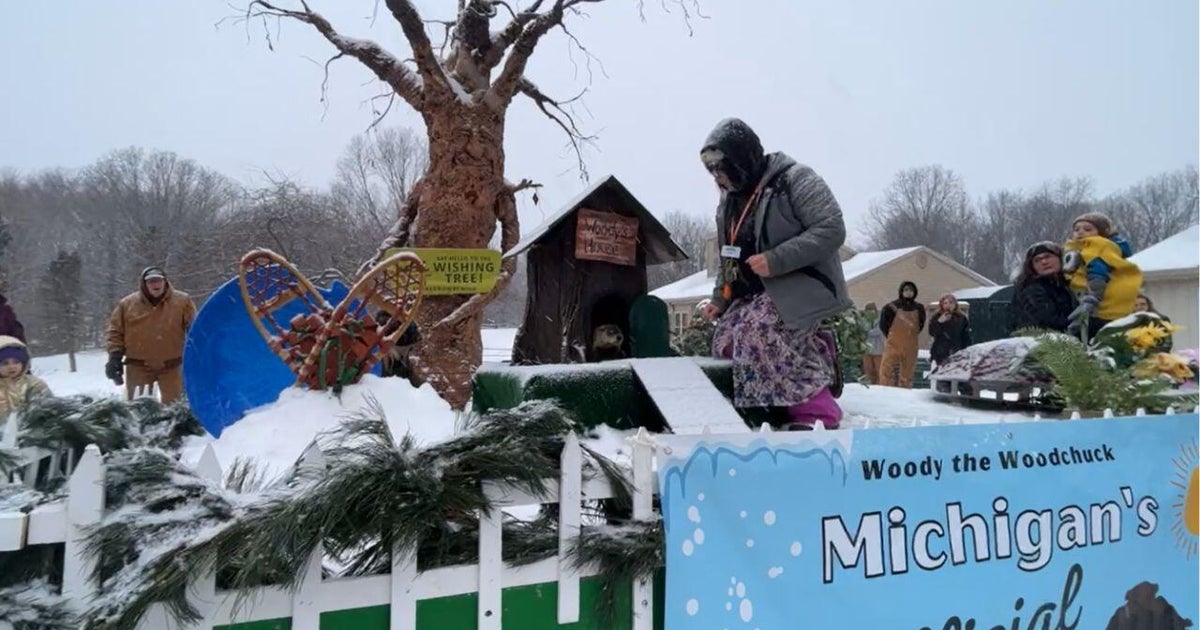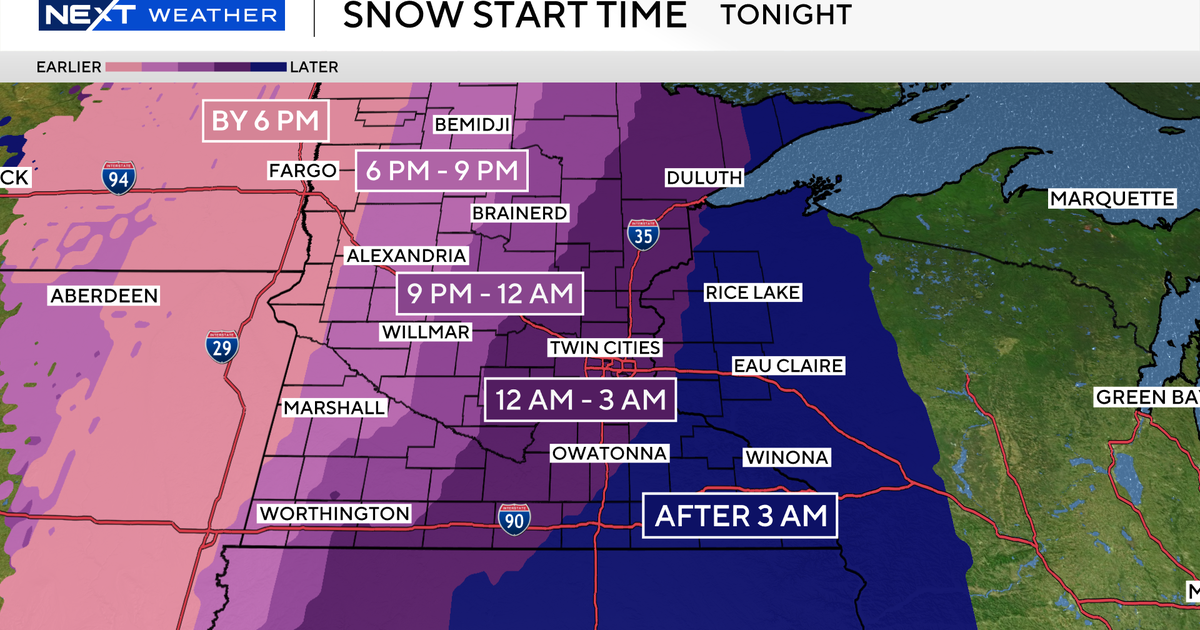Sustainability expert: Earth is in "uncharted territory" due to climate change, but it's not too late to change
MINNEAPOLIS — "Life under siege," and "unchartered territory" is how the authors of a new report describe our current climate situation.
WCCO NEXT Weather meteorologist Adam Del Rosso caught up with Dr. Jillian Gregg, one of the authors, who says despite the bold language, the solutions are fairly simple.
"We're simply looking at the data and in fact, we really are alarmed at what we're seeing. It is really off the charts and that's why we have that in our title. It's unchartered territory," Gregg said.
RELATED: Earth has just gone through its hottest 12-month stretch in recorded history
She says of the 35 vital signs her team has been tracking, 20 are at all-time record levels.
"It's not just that the records were broken for a short period of time. They continued through the summer, many until now, and in this cascading fashion where the warmer oceans led to melting ice. And both of these two led to warmer air temperatures. These all lead to more climate disasters: the heatwaves, the floods, the hurricanes, the fires," she said.
Those Canadian fires are causing problems in Minnesota, too. And even though the situation is dire, she says there has been some progress.
"Governments that have declared a climate emergency, you know, the solar and wind energy are certainly on the rise and that's a massive benefit," she said. "The per-capita meat production has been on the decline."
But it will take a lot more work, like voting, switching to renewables, and supporting natural ecosystems that remove CO2 on their own.
"The simplest, easy things that we can do is talk about it," she said. "And when a conversation comes up, just put out there that it's an important issue and we all need to be concerned about it."
And governments getting rid of fossil fuel subsidies.
RELATED: Can 3D-printed homes withstand a changing climate?
"Those subsidies actually have doubled between 2021 and 2022 from $531 billion to just over $1 trillion," she said. "We are going in absolutely backwards direction on subsidies, and that's a low-hanging fruit that absolutely needs to be fixed."
But she has faith we can get it done.
"Absolutely not too late. We can do this!" she said. "The proof will be in watching these vital signs that we have been following. Once people see CO2 finally level off based on all these actions that [we're] taking, that's gonna be a watershed moment, and I'm looking forward to it."
Some of the climate variables the team looked at include sea surface temperatures, the rate of sea ice melt and global surface air temperatures.

